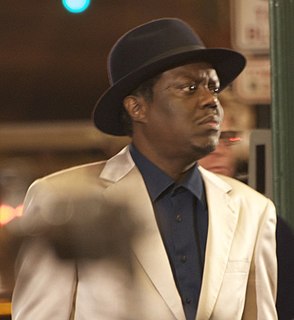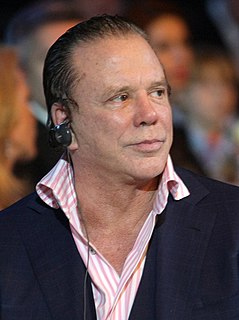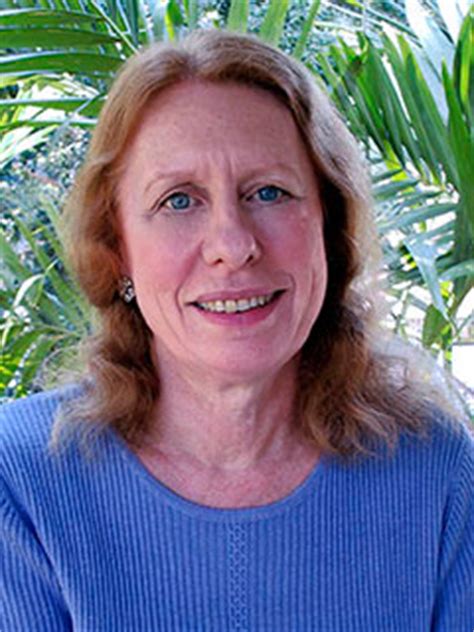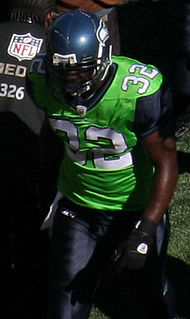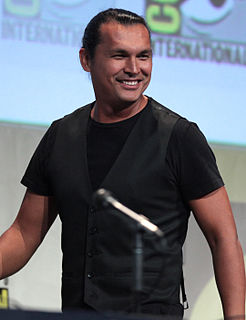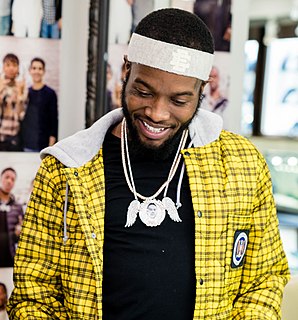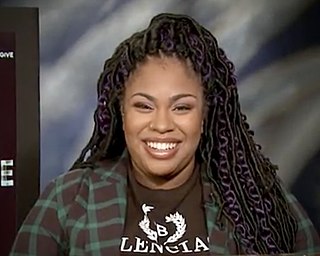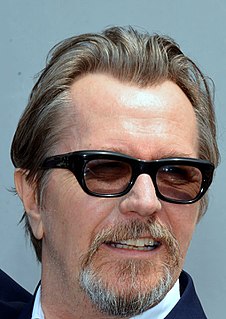A Quote by Yo Gotti
Back when I was growing up, gangs wasn't heavy. We was solo thugging. When we got money on our own, the hood got money. It wasn't about colors or a certain name when I was growing up. We wasn't doing no gangs. But as the generations change, things change.
Related Quotes
I'm questioning it. We're trying to get a lot of money for health and education and I'm wondering... You look at these gangs, and I look back at Prohibition. When we didn't allow alcohol, what did we have? We had gangs. We had big gangs. It's something that needs to be discussed a little more. It's an economic issue and a violence issue.
I tried to change my name for the fights, but the only way they could pay me money was if I used my own name. I wanted to change my name to, like, Romeo something-or-other, and they said, "No, we can't do that. We've got to use Mickey Rourke." Because they paid me a lot of money to go over to Europe and Asia to fight.
Well to me growing, up I've had my own psychological war with my parents dying at such a young age. My mother was killed by a drunk driver, then two months later my father drowned. He was out with his friends drinking and on medication for depression, and he didn't come out of the water alive. Growing up with sexual abuse and having to be in gangs and dealing with my own trauma; finding the cultural identity when I was 16, and learning those traditional ways saved me from hurting myself.
I come from making money in the streets. The streets all I know. All my family is still in the streets. So, it's going to be hard to pull me right back into that. When I ain't doing no shows four days out of the week, I may be in my hood or at my grandma's house in the hood. But yes, I got a kid. I got to get more serious about the music so he don't get dragged into that life.

